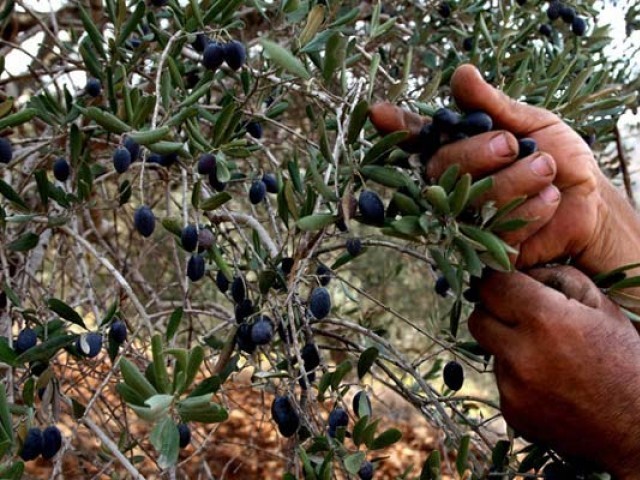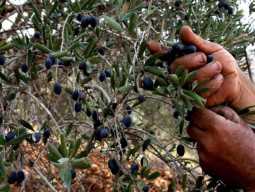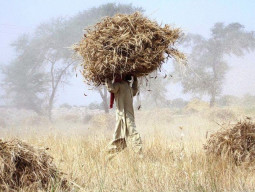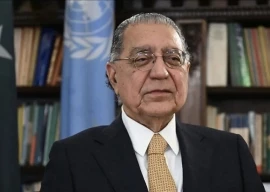
ISLAMABAD: Showing its dissatisfaction over an inquiry into the olive project, the National Assembly Standing Committee on National Food Security and Research, on Tuesday, constituted a sub-committee to further probe the massive mismanagement in the import of olive plants from Spain.
These irregularities were committed in the Public Sector Development Programme (PSDP) project valuing Rs2.5 billion for the development of olive cultivation across the country.
The National Agriculture Research Council (NARC), in November last year, gave tender to a company RSS for the provision of 400,000 imported olive plants. However, upon arrival, the Department of Plant Protection (DPP) granted certificate to those plants despite the fact that majority of them were infected and undersized.
When the issue surfaced, the ministry constituted a six-member inquiry committee.
In the findings, it was noted that there had been mismanagement and lapses in procurement on part of NARC and the Olive Project Management. Mistakes in supply order, poor framework of supply terms and conditions, less-than-efficient inspection procedure, negligence of management and poor coordination led to delays and miscommunication with the supplier.
“The importing company mismanaged imports and supplies and ignored the requirement as per supply orders; especially the size and health of plants,” said the inquiry report. “The onus lies on both sides; the importing company and the project management.”
The report also held the DPP responsible for lack of observation on fungus and mould on quarantine control.
Moreover, it was noticed that the RSS, against the agreed terms and conditions, did not start supplies within the stipulated period of 45 days, besides not ensuring the right health, size and variety of plants.
In response, the RSS blamed poor packaging practices at the original supplier’s end in Tunis.
Recommendations
The inquiry report recommended conducting performance and technical audit of both olive projects through the Ministry of Planning and Reform to ensure improvement of project management and the outcome in future.
However, the standing committee expressed its dissatisfaction over the inquiry and constituted a sub-committee under MNA Rao Muhammad Ajmal Khan to probe and present a report within 30 days to the main committee with fixing responsibility.
It also recommended the ministry to immediately remove the incumbent Director General of DPP who is a retired pilot with no expertise in the field.
Regulatory duty on import of milk
The standing committee also recommended imposing 60% regulatory duty on the import of dry milk.
“Small farmers and local dairy industry are affected due to the import of a huge quantity of dry milk over the years,” said the committee.
Published in The Express Tribune, March 9th, 2016.
Like Business on Facebook, follow @TribuneBiz on Twitter to stay informed and join in the conversation.


















1713281138-0/US-Treasury-Secretary-Janet-Yellen-(2)1713281138-0-270x192.webp)

























COMMENTS (1)
Comments are moderated and generally will be posted if they are on-topic and not abusive.
For more information, please see our Comments FAQ